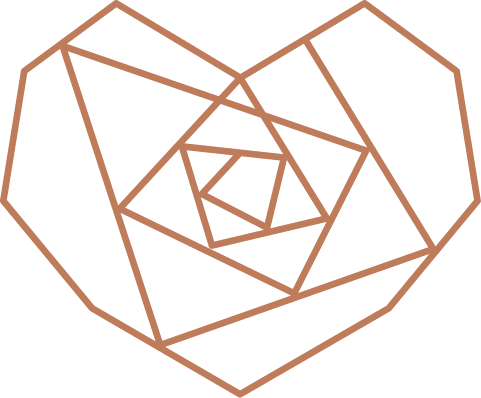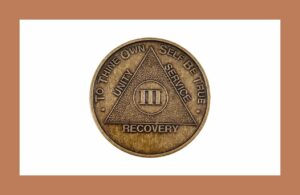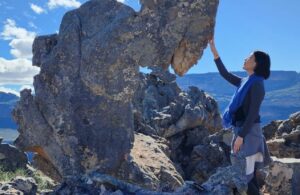What is the root cause of Anxiety, Depression & Dis-ease?
About Celeste
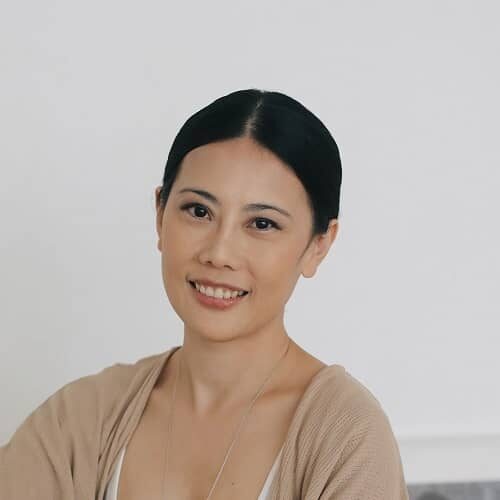
Share this article
Unprocessed emotions and limiting belief systems
From personal experience, I believe that the root cause of most physical symptoms trace back to unprocessed emotions from life experiences stored in our bodies and subconscious, and from belief systems we built growing up.
From childhood into adulthood, we hear advice from well-meaning peers and loved ones (who were simply passing along what they were taught) that sound like:
“Man up! Big boys don’t cry”
“Don’t be so emotional”
“Shake it off, pull yourself together”
“Be strong, depend on yourself and don’t rely on others”
In school, we learnt languages and subjects like mathematics, science, accountancy. How to maintain a healthy mental state was not a part of our education. I don’t recall being told “It’s okay not to feel okay” or being taught how to process and express anger, fear and grief in a healthy way.
Consequences of the lack of Mental Health education
- Rising rates of Anxiety and Depression
According to the Institute of Mental Health in a media release in December 2018, one in seven persons in Singapore experience a mental health concern at one point in their life. - Discomfort and Dis-ease may arise
- You feel overwhelmed and stressed
- You feel stuck, often repeating the same unhealthy pattern(s)
- You need constant distraction – candy crush on your phone, Netflix or filling up your day with appointments because you can’t be still or alone.
- You seek escape and numb yourself with substances, work, exercise etc
The solution to anxiety, depression and dis-ease
In cases of a chemical imbalance, Western medicine has its role and a medical professional should be consulted for medication if and when necessary.
In other cases, I believe in the benefits of taking a holistic approach. Holistic healing simply means considering the whole person – body, emotions, mind, spirit.
In the process of understanding and coping with my anxiety, these are the tools that have worked for me and may be helpful in addressing any of the above mentioned symptoms.
1. Slow down, Let your mind rest
When fearful, worried and stressed, our body operates from its sympathetic system – the “Fight or Flight” mode where our body’s focus is solely on survival and thinks it is faced with imminent threat. In this state, the immune system and digestive system are not the priority. You may notice symptoms like poor digestion, weak nails, slow hair growth, skin infection and disturbed sleep.
In cavemen times, our “Flight or Fight” response could potentially save our life, if we ran into a tiger. However, the “tiger” today is replaced with stacks of bills and an influx of work email. Today, our stress reaction might be a permanent state. In a state of permanent stress, our parasympathetic system doesn’t get activated. This is our “Rest and Digest” mode, which is crucial for the body to repair, recover and be healthy. Just as our physical body needs sleep, our mind needs rest too.
Here are some ways to rest the mind and activate our parasympathetic system:
a) Guided Meditation
For beginners, this is a great way to get started. Apps like Calm have guided meditations to reduce stress, help with anxiety and sleep. Start with 5 minutes a day, the important thing is to start making it part of your daily routine. Or try my 15 minute guided meditation for relaxation and releasing fear.
b) Sound Baths
A Sound Bath is a relaxation technique and meditative experience where participants ‘bathe’ in the sound waves produced by instruments like gongs and singing bowls. Using a combination of rhythms and frequencies, sound tools entrain the brain to move into the deeper brain wave frequencies, and can shift our normal waking beta state to: Alpha (Creative, Relaxed state), Theta (Meditative state) and Delta (Deep sleep, where storing and healing occurs).
c) Solfeggio Healing Frequencies
Healing frequencies are a specific scale of hertz which were apparently used by monks in Gregorian times during meditation and re-discovered in the late 1990s by Dr. Joseph Puleo, a physician and herbalist. He developed a theory where 6 frequencies each carried specific characteristics. The 396 Hz Solfeggio Frequency works on releasing fear and I’ve found it to be calming when experiencing anxiety.
d) Spend time in Nature
Being in nature has a calming effect. Led by Yoshifumi Miyazaki at Chiba university, researchers sent 2 groups of subjects for a stroll. One group went into different forests and the other into the city centers. The results of Forest walking showed enhanced relaxation, overall there was a 16% decrease in cortisol (stress hormone), 2% drop in blood pressure and a 4% drop in heart rate.
e) Yoga Nidra and Yin Yoga
Yoga Nidra is a state of consciousness between waking and sleeping, where our body is relaxed, and our mind is awake. It is done lying down and for an hour you will be guided into a relaxed, blissful state.
Yin Yoga is about turning our attention inwards, letting gravity do the work as you relax into a pose. Poses are held for between 3 to 5 minutes, as you focus on your breath. It helps with stretching the connective tissues and access deeper layers of fascia.
2. Look inwards
Put down the distractions and be willing to hear the message(s) that the physical symptom(s) carry. When acknowledged and released, we begin to heal. It may seem like a daunting task without knowing where and how to begin.
Here are 3 good starting points:
i) Psychotherapy
Find a therapist that you feel comfortable with and commit to regular sessions. Don’t be impatient. You may start gaining insights only from your 5th session. Let go of the stigma that seeing a therapist is taboo! If you have a cold virus, you see a doctor. Our mental health is just as important as our physical health.
ii) Journal
Many of us get through the day moving from one task or appointment to the next, without stopping to reflect. Instead of spending 30 minutes before bed social media scrolling, use that time to journal and reflect on your day. When you make this a daily routine, you start noticing patterns in your thoughts and actions. This is a great tool for developing self-awareness.
iii) BodyTalk
Prior to my first BodyTalk session, I had a few sessions with a therapist, journal daily, and had done some inner work. But the anxiety persisted and out of desperation I decided to try BodyTalk. That first session, my practitioner brought up a memory (one that I had almost forgotten!) from when I was 13 years old where I had a narrow space to process grief. That session gave me a first deep glimpse into my inner landscape, and I was completely fascinated! Till today, these monthly BodyTalk sessions are a part of my self-care routine.
*** Disclaimer: All views expressed are my own and based on my own experience. It should not substitute a medical professional. My BodyTalk services are not to be treated as a substitute for medical treatments of physical or mental illnesses. ***
References:
https://www.nationalgeographic.com/magazine/2016/01/call-to-wild
https://www.gaia.com/article/healing-frequencies-of-the-ancient-solfeggio-scale
https://www.everydayhealth.com/alternative-health/sound-baths-soothing-stress-with-sound/
https://www.businessinsider.sg/1-in-7-people-in-singapore-have-experienced-a-mental-disorder-and-some-millennials-are-more-susceptible-to-mood-and-alcohol-related-ones/
Leaving 12-Steps and Staying Sober
Why I made the difficult decision to leave AA and how I stayed sober.
How I Healed from Anxiety
What I wish I knew about the root cause of anxiety back when I was desperately trying to make sense of it.
My Spontaneous Spiritual Awakening
Never in my wildest imagination! This transformational experience changed the course of my life.
